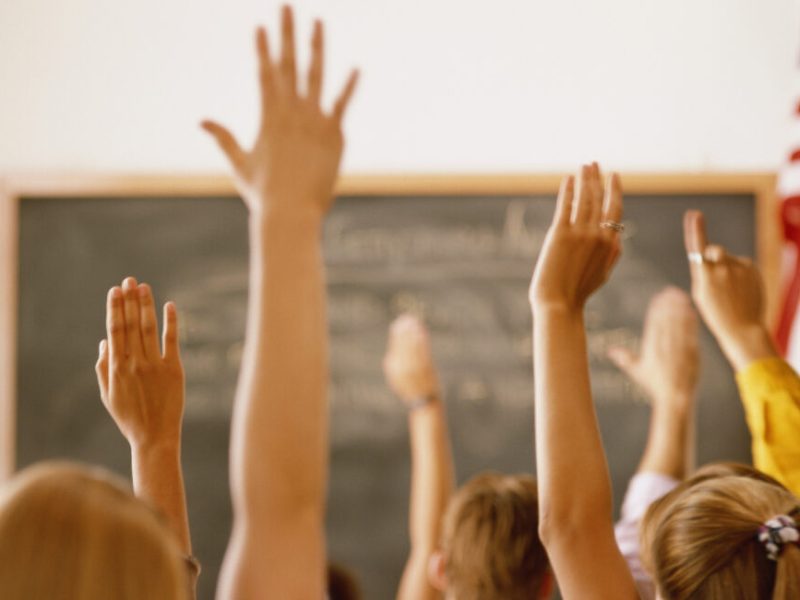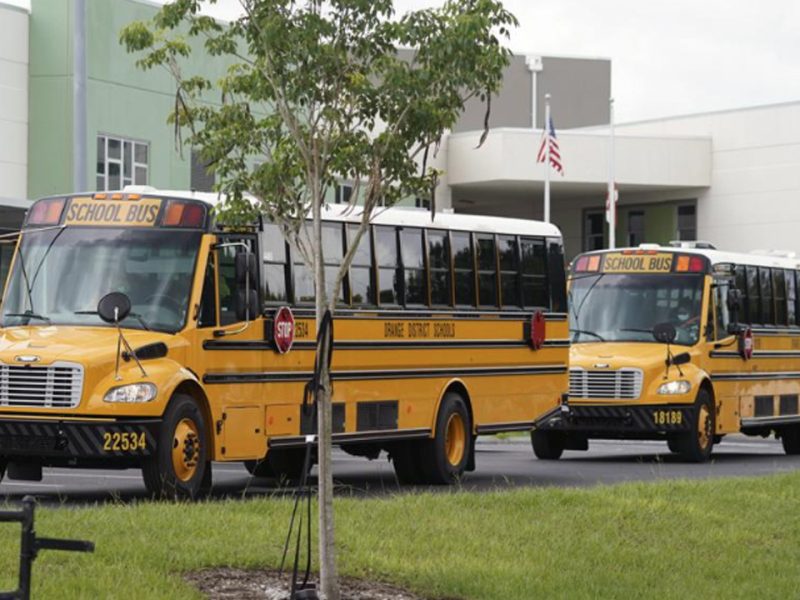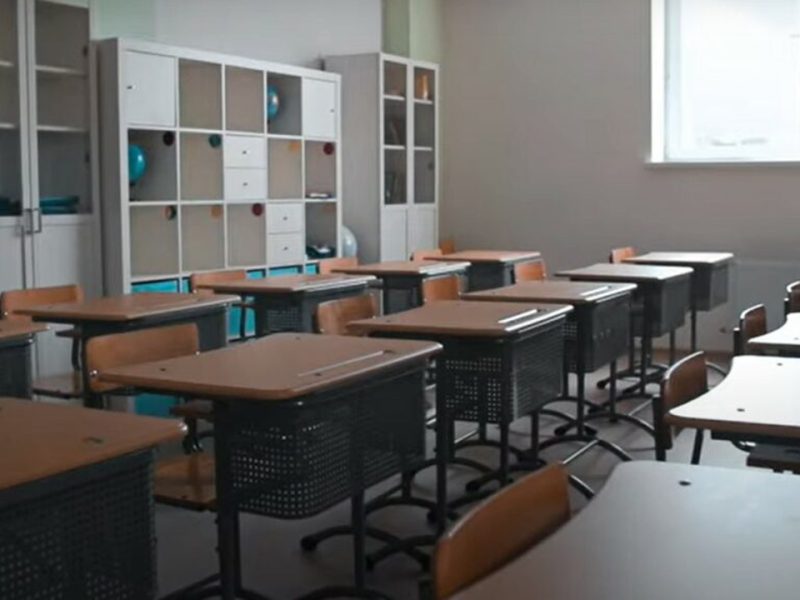In a year of challenges, Florida teachers say Legislature must address faculty shortage
Florida Politics | Jacob Ogles | March 15, 2021
As students in Florida begin Spring Break, it’s inspired many a flashback to last school year. With the pandemic in it’s early stages, nobody knew then that the beginning of the vacation would mark the end of in-person learning for some time.
“Who knew then schools would remain closed until the end of the school year?” said Andrew Spar, president of the Florida Education Association.
That was the case. First, the state extended spring breaks and canceled school through mid-April, and then to the end of the school year. The novel coronavirus within weeks forced students home and teachers across the state to figure out how to teach children through video conferencing software. In many counties, thousands of students remain in remote learning.
“But we have proven once again, no matter the circumstances, that Florida public school teachers and staff will do whatever it takes to teach our children well,” Spar said.
And no group, he said, feels more eager to restore schools to normal than educators. That’s why the FEA wants the Legislature to do what it can to address teacher resources, provide classroom resources and limit the focus on tests.
A list of legislative priorities for the state’s largest public teachers union include protecting school resources from voucher expansions, increasing salaries for veteran teachers and addressing a shortage in educators.
A new digital advertising playing in coming days encouraged calls to Senators and Representatives about legislation involving academic freedom and school re-openings. The association this week also held a press conference with school professionals, parents and FEA leaders stressing the dedication to public school learning.
And it’s not been without cost. The FEA says at least 40 school teachers died from COVID-19 across the state in the last year.
They weren’t the only ones to contract the virus. Others survived after almost certainly contracting the disease at work. Teacher Latanya Starks spoke about how with fewer educators teaching in person, some classrooms during the pandemic actually had more students enrolled than before the pandemic, and in communities with a reluctance about testing, some students came to school sick. Starks ended up testing positive for the virus herself earlier this year.
Starks ended up teaching from quarantine for weeks, as even teachers willing to return to the classroom ended up having to figure out remote instruction. But what most frustrating to Starks, she feels bad students themselves got sick on her watch.
“In many cases once we get into the classroom we realize six-foot distancing isn’t going to happen,” she said.
Bus driver Clyde Mitchell spoke of the challenges keeping students apart in transit to and from school and of disinfecting their busses four times a say.
Special needs parent Sarah Frederick spoke about the need for daily contact between special education instructors and students even when they were at home.
It’s all a sign, Spar said, of just how important public education is to Florida.
“Our public schools are the best place for kids to learn, essential for families and communities, our schools vital to our economic well-being,” he said.
This year, the schools once Spring Break ends will reopen again. But with colleges seeing a lack of interest in students seeking education degrees that threatens programs,
This year, teachers like Starks hope students won’t face the pressure of high-stakes standardized tests. Soar said a shortage of professionals in the field could create greater challenges for education in the long range,” Spar said.






